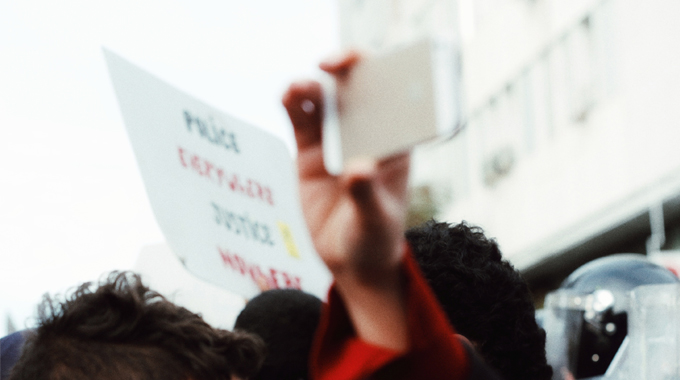More than 1500 individuals—including 500 minors—were arrested since January 2021 during protest movements against the current political and economic system. Besides arbitrary arrests, police also confiscated protestors’ telephones and breached their personal data.















